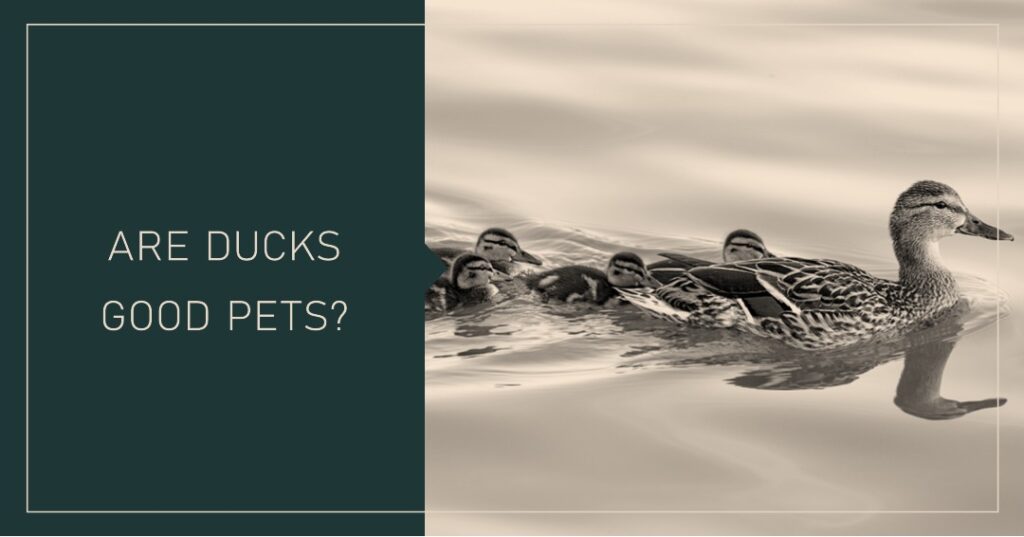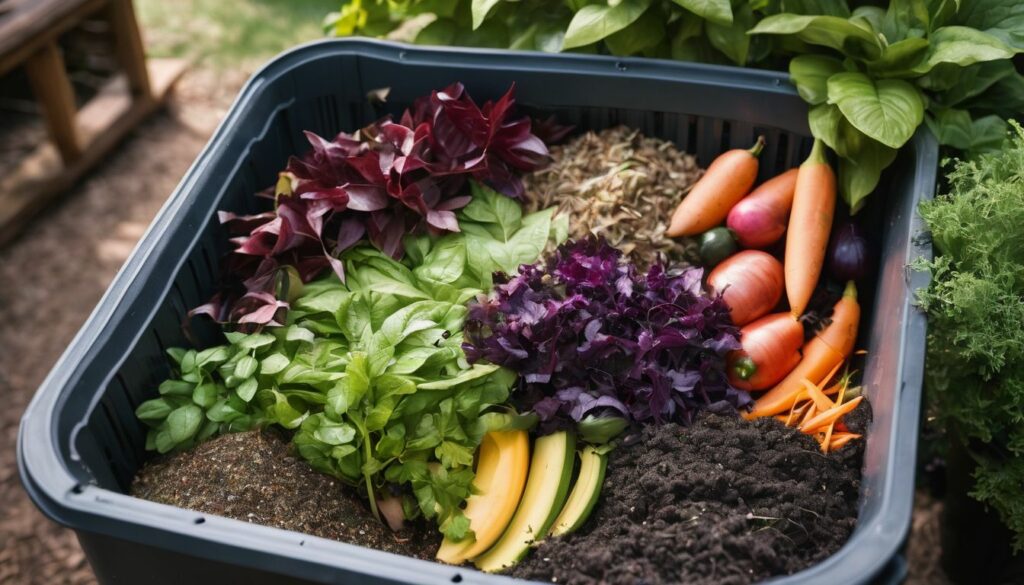My love affair with ducks started quite innocently. I always thought they were adorable, waddling around with their fluffy butts and quacking away in the cutest way possible. I also knew they could be helpful in a garden, having been a staple in farms for centuries. But one question kept nagging at me: Would ducks make suitable pets?
Well, my friends, I embarked on a journey to find out, and I’m here to share my story and everything I’ve learned about keeping ducks as pets. So, buckle up, and let’s dive right in!
A Couple of Key Points to Remember When Keeping Ducks as Pets
When I decided to bring ducks into my life, I first discovered that ducks are not solitary creatures.
One duck? That’s a no-go. Ducks thrive in groups. They’re social creatures, not loners. I can still remember the first duck I brought home. She was a darling, but I quickly noticed her becoming listless and depressed. I quickly realized my mistake and brought home a few more ducks the next day. That’s right, at least two ducks is the golden rule, but ideally, a group of four or five is the way to go.
And don’t get me started on keeping ducks indoors. I thought having my feathered friends by my side all day would be fun. Boy, was I wrong! Ducks are explorers at heart; they need to be outside, digging in the dirt for bugs and swimming in the water. Cooping them up inside just won’t cut it.
The Highs of Duck Parenthood
Despite the initial learning curve, there were so many benefits to having ducks as pets that I never anticipated.
First off, ducks live a surprisingly long time. We’re talking 10-15 years, sometimes up to 20! They’re tough little quackers, not bothered by cold, rain, or even icy weather, as long as they have suitable housing.
Now, I’ve had chickens before; let me tell you, they can wreak havoc on your yard. But ducks? They are the picture of eco-friendliness. They won’t scratch up your garden, and their droppings? They make great fertilizer!
One thing that surprised me was the bond I formed with my ducks. Yes, they’re not as popular as dogs or cats, but these adorable birds can form strong bonds with their caregivers. They’re not just amusing to watch, but they’re also fun to interact with, making for great companions.
The Downsides of Being a Duck Parent
Of course, it wasn’t all rainbows and daisies. There were a few hiccups along the way.
Ducks can be messy. They poop everywhere and anytime, and you can’t do anything about it. I remember stepping into my backyard one morning to find it transformed into a minefield of duck droppings. And the water? Well, let’s just say ducks and clean water don’t mix.
Another issue was the noise. Ducks are chatty, and they can be quite loud when they get going. If you’re a fan of peace and quiet, this could be a problem. Thankfully, I live in a place where the quacking chorus didn’t bother anyone, but if you have close neighbors, it’s something to consider.
Pros & Cons of Owning Ducks
Here is a list of pros and cons of ducks for homesteading:
Pros:
- Long Laying Life: Ducks have a longer laying life than chickens, producing up to 250 eggs per year for up to nine years of age.
- Strong Immune System: Ducks have strong immune systems and are less prone to common diseases affecting other birds, like chickens.
- Easy to Sex: It’s easy to differentiate male ducks from females based on their voices and feathers.
- Intelligence: Ducks are very clever animals.
- Pest Control: Ducks are great for controlling garden pests like snails and slugs.
Cons:
- Messy: Ducks can be quite messy, their droppings are larger and runnier than chicken droppings, and they can quickly turn a clean area into a dirty one.
- Need for Clean Water: Ducks need a water source for hygiene, mating, drinking, and hanging out in. They can develop a condition known as “wet feather” if they don’t have access to a water supply large enough for them to splash around in.
- Noise: Ducks are very vocal animals, and when they’re in groups, they can be quite loud, which may be problematic if you have close neighbors.
- Need for Space: Ducks need more space than chickens.
- Unpredictable Egg Laying: Ducks lay eggs where they feel like it, which can make collecting eggs a bit of a scavenger hunt.
It’s important to weigh these pros and cons based on your specific circumstances and needs before raising ducks on your homestead.
Ducks and Other Animals: A Peaceful Coexistence?
I have a few other pets, so I was a bit concerned about how they’d get along with my new duck friends. However, ducks proved to be peaceable companions to my dogs and cats. It took a few weeks for them to adjust, but eventually, they coexisted beautifully.
The Verdict: Ducks as Pets?
So, after all these experiences and lessons, what’s my verdict? Are ducks good pets? Well, in my book, they certainly are.
Sure, there were some challenges. Ducks require a good deal of outdoor space, are noisy, and can be messy. Those early days of cleaning up after them, and trying to maintain some semblance of quiet, were testing. But those are the realities of life on a farm or in a homestead setting. You learn to roll with it.
On the flip side, the benefits were substantial. The strong bond we formed, their long lifespans, their toughness, and their environmental friendliness far outweighed the negatives. Not to mention the joy and amusement they brought to my life.
Seeing them play in the pond, hearing their enthusiastic quacks, and simply watching them waddle around brought a sense of tranquility and delight that’s hard to describe. They truly embodied that rustic, country-living charm that so many of us yearn for.
So, if you’re contemplating adding some feathered friends to your family, and the challenges I mentioned don’t faze you, then I wholeheartedly recommend ducks as pets. Trust me, their cuteness, antics, and companionship make it all worthwhile. I wouldn’t trade my duck-filled life for anything else!





